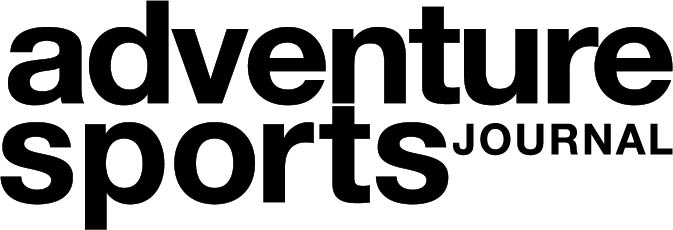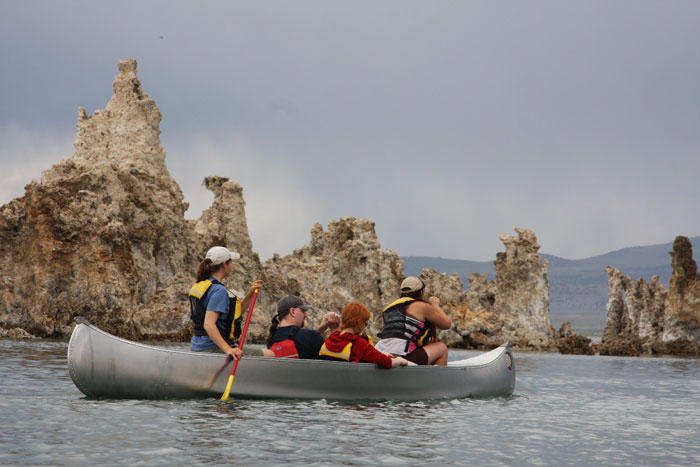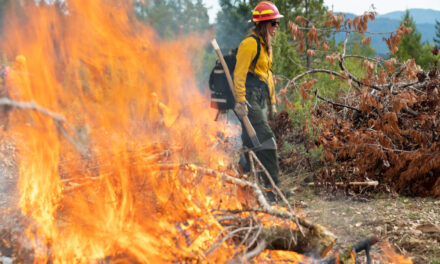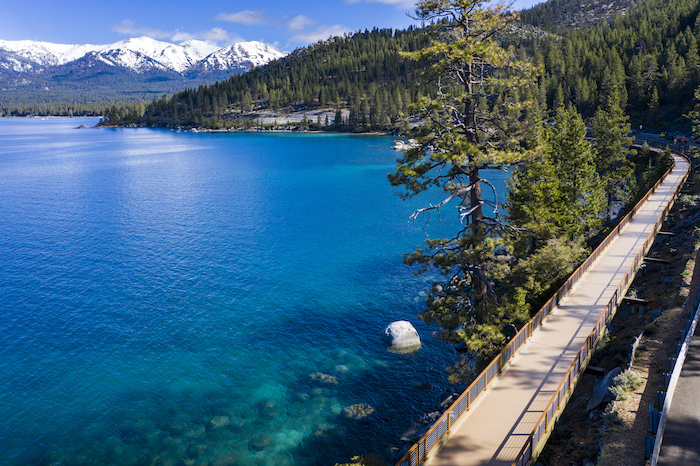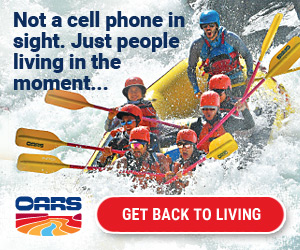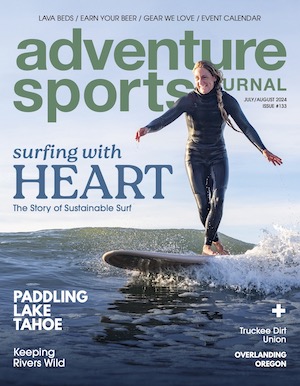- California Enduro Series Announces 2024 Schedule - 11/19/2023
- ASHLAND MOUNTAIN CHALLENGE 2023 – CES RACE REPORT - 10/04/2023
- China Peak Enduro 2023 – CES Race Report - 09/04/2023
Alex Honnold and Cedar Wright bring solar power to the underprivileged through the Honnold Foundation
By Kristin Conard
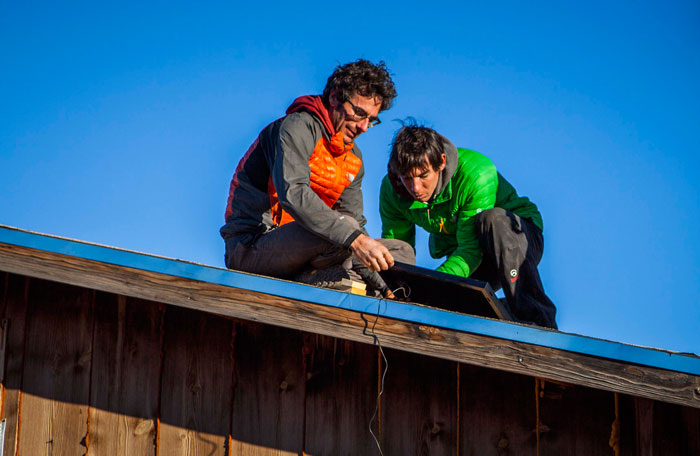
Cedar Wright and Alex Honnold take a welcome break from pedaling bikes and climbing desert towers
to install solar panels on a Navajo elder’s home. Photo: GoalZero
Alex Honnold. He may be known best for his free-soloing and speed ascents of big walls, but the California dirtbag/professional climber is more than just a rock monkey.
In 2012, Alex started the Honnold Foundation, which “seeks simple, sustainable ways to improve lives world-wide. Simplicity is the key; low-impact, better living is the goal.” Simple living is important to Alex, and by living in a 2002 Ford Econoline E150 van with no electricity, no running water, and no central heating or air conditioning, he doesn’t have the typical American carbon footprint.
Alex has been reading environmental non-fiction in his downtime from climbing for the past four or five years. That combined with seeing people living with very little on his world travels brought him to the realization that while he has a relatively small impact on the world thanks to his van living, he leaves a large carbon footprint because of all the flights he takes. He thereby made a commitment to focus on doing as much good as he can for the world. While, of course, still climbing.
Alex agreed to a phone interview about his foundation on one of his rest days, and when I spoke to him while he was doing some low-key climbing around Vegas, he seemed psyched to talk about something beyond fear and risk (other interviewers, take note).
It started with the most basic question: Why not just climb? Why a foundation? “I wanted to find some way to do as much good as harm. And if I was going to do that, I might as well do it publicly to help inspire others and draw awareness to the issue. Over a billion people in the world live without access to power and water. It’s hard for us to even imagine that.”
The focus of the Foundation has been on helping to fund and provide grants to smaller organizations that offer sustainable ways to better people’s lives around the world, and much of that focus has been on solar energy. As Maury Birdwell, Executive Director of the Honnold Foundation says, “We act essentially as a back-end support system for our partners. By connecting them with the right people, providing funding, and/or giving them broader exposure we try to enable projects that might have struggled otherwise or not gotten as far. We recognized early on that there’s a lot of talented, passionate experts out there and the shortage is not in good ideas, but making them happen.”
For Alex, that focus for the Foundation seemed obvious. “It just seemed like the simplest solution for so many different problems to me. When I was first starting the Foundation, I was looking for projects to support. I didn’t have a particular plan, I was looking for things that inspired me and capture my attention. Now that I’ve looked into it more, I realized I was looking for something that not only helped the environment but that would help make peoples’ lives better. I’m totally open to other solutions, and we’ve worked with other projects and supported other things. Solar just seems like a clear-cut solution. I have solar panels on my van, and I’m charging my laptop by solar.”
One of the Foundation’s initial projects was with SolarAid, which supports entrepreneurs in Kenya, Malawi, Tanzania, Zambia, and more by training them and getting distribution in place for them to sell solar products in their communities. The more solar products in use, the better as it’s a superior alternative to kerosene, where 25% of someone’s income might be spent on kerosene. So, with a solar lantern, you give people back 25% of their income and you give them a huge boost to their health, since burning kerosene in a confined space can be toxic and dangerous.
Another project the Foundation has supported from the get-go is GRID Alternatives, which Alex describes as “the first world version of SolarAid.” It’s worked to give power and energy savings to low-income families in the Central Valley of California. “The people who have the most need can save a percentage of their income, gets the solar market going, and it reduces their impact. I supported the launch of the Sacramento project, and it’s good to think of doing something in the local community.”
This year’s Banff Mountain Film Festival World Tour features a film in which Honnold and Cedar Wright climb desert towers and install some solar panels in Sufferfest 2: Desert Alpine. You get to see, along with a rescued puppy, some of the work in the Kayenta region of the Navajo Nation that the Honnold Foundation has made possible. This was the first trip where Alex did some hands-on installation work with the Foundation, and his hope is to continuing this combination of humanitarian work and climbing.
Elephant Energy, under the name Eagle Energy (“There are no elephants in Arizona,” Alex explained to me, so in Arizona, they called it Eagle Energy), administers and runs the Northern Navajo Solar Entrepreneurs project, and the Foundation helped with funding and installation support. Around 18,000 homes on the Navajo Nation don’t have access to electricity and the propane and kerosene lanterns are polluting and dangerous alternatives. Bringing in solar systems means healthier and more sustainable living, and it’s not just installing some solar panels and leaving. The initiative includes creating jobs and providing education and training for the communities.
This project also brought in one of Alex’s sponsors, Goal Zero, who “actually drove down from Salt Lake with a van full of product, and there were four of them physically down there installing with us.”
Alex’s goal is to continue to do hands-on projects that bring together climbing and foundation work, and he’s looking to put together a trip to Africa this year. It’s not just about getting people to think about problems and realities of climate change and energy poverty, it’s about actively doing something to fight it. “These issues are fundamentally more important than going climbing.”
“Humans are humans,” said Alex. “We have the same needs and wants. In some parts of the world $1,000 can fundamentally change someone’s life. If I’m just trying to help people out, I should do it where there’s the most need.”
Maury said the idea for the Foundation came about on a drive from some local rock climbing in Boulder. “He nonchalantly mentioned how he wanted to begin channeling his career toward improving the world through the causes he was passionate about. I think Alex has a unique, honest voice that lends him a lot of gravitas. It’s nice to hear a celebrity talk about changing lives in Africa or some such, though when they fly over in their private jet for a photo op it’s hard to take completely seriously. He has a very matter-of-fact presentation style that isn’t preachy, just someone who sees the opportunity to chip away at a large problem. At the end of the day that’s the real goal: to inspire others to be a part of the change they’re passionate about by showing them how even a relative little can make a big difference.”
Alex is uniquely fortunate to be able to help as much as he does. Many climbers live out of vans, and far fewer have the money to use to help others better themselves. When you’re as talented a climber as Alex is, it’s likely tempting to focus solely on climbing, doing bigger and more impressive projects, and only focusing on what you want to do for your sport … perhaps spending your money on luxuries like a house or a car with less than 150,000 miles on it.
Granted he is still pushing boundaries in climbing, and he’s not giving it up to be a solar salesman, but “Over the course of a couple of years, I’ve been accepting that there is a lot of need in the world and a lot of legitimate problems and accepting that I was able to do something.”
“People want the world to be a better place, but they think they’re just one person. To some extent, I can donate in the thousands, but there are plenty of people out there that are making billion dollar impacts—you can’t let that discourage you from doing something. With the Foundation, we’ll have done a little bit of good in the world.”
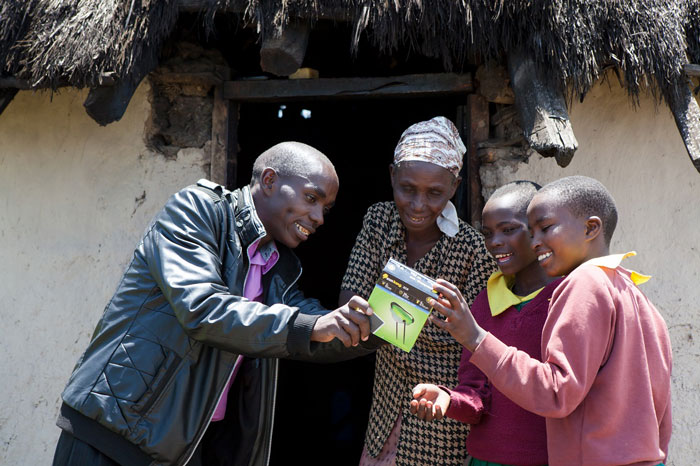
A SolarAid entrepreneur distributes solar lights in his community. Through local programs like this one, SolarAid has distributed over 1 million lights in Africa thus far. Photo: SolarAid
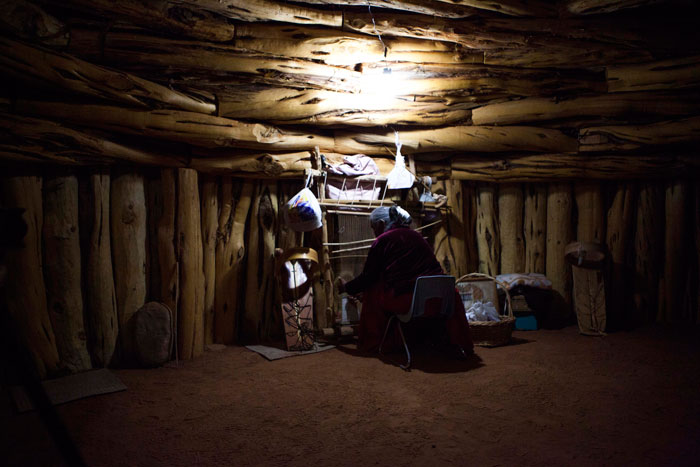
A Navajo woman utlizes her new simple, clean GoalZero solar light system to operate her loom long after the sun has gone down. Photo: GoalZero
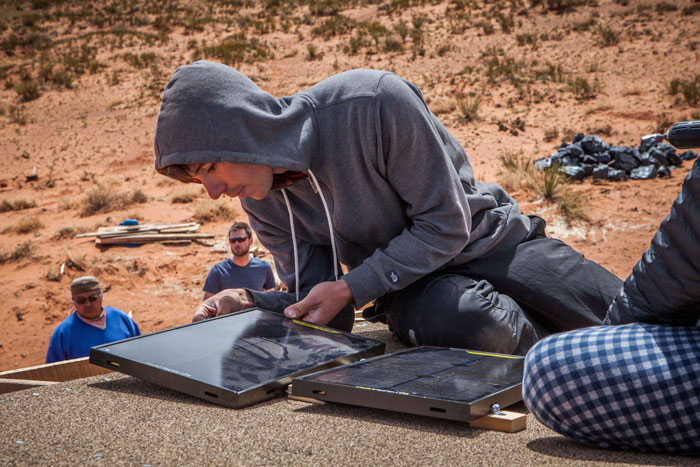
Alex Honnold installs solar panels on the roof of a Navajo home deep in Monument Valley during the kick-off of the Northern Navajo Solar Entrepreneurs Project. Photo: GoalZero
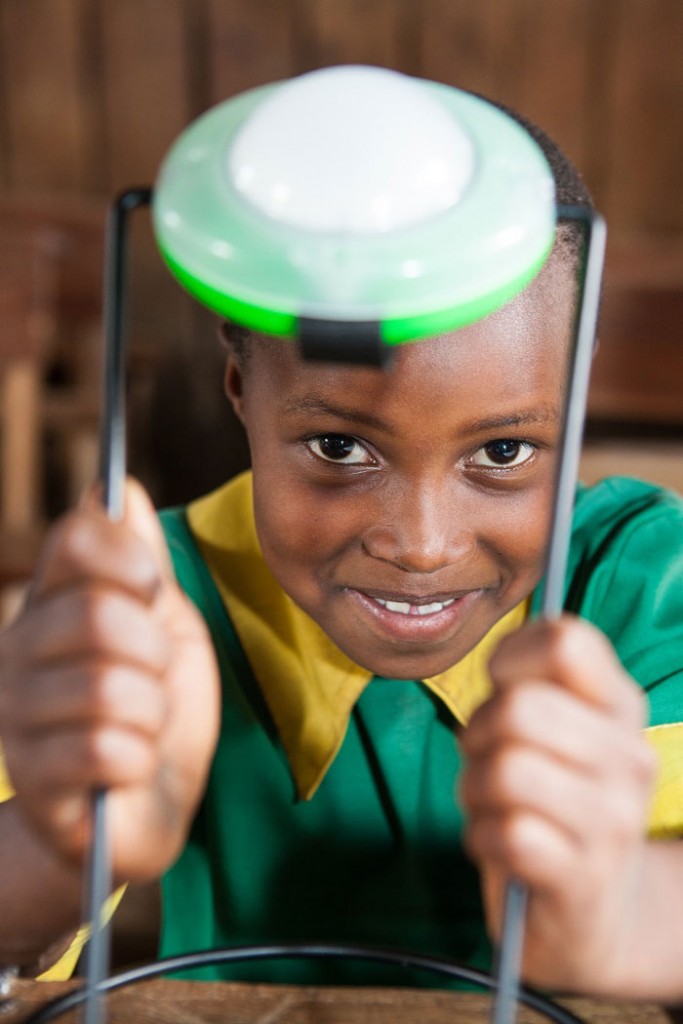
An African child displays a simple solar light that provides a cheap, clean alternative to kerosene. With this technology children are not only healthier, but can better study at night, giving their future even greater opportunities. Photo: SolarAid
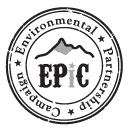 About ASJ’s EPiC program | Doing great work in California? We want to help you reach your highest potential!
About ASJ’s EPiC program | Doing great work in California? We want to help you reach your highest potential!
The EPiC program is ASJ’s way to spotlight the exemplary work of some of California’s non-profits that are dedicated to promoting stewardship and access for the adventure sports community throughout California.
Our mission is to provide inspiring coverage of California’s epic terrain, and to help the outdoor sports community preserve and maintain access for future generations.
We encourage outdoor non-profit organizations based in California to contact us for the chance to be featured in our publication and receive FREE display and web advertising space.
For more information, email asjstaff@adventuresportsjournal.com.
